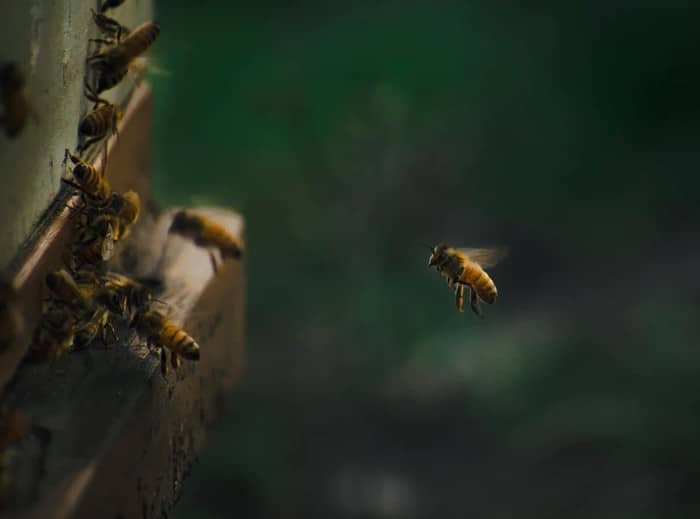The first thing that comes to mind when we hear bees mentioned is the countryside, and yet that is the habitat that is becoming toxic for them, as it is full of pesticides and chemicals given to plants that do not make pollination easy.
At the moment it is the city that is the healthy environment for bees, do you know why? Because there are few pesticides and toxic substances that end up on the flowers to be pollinated and various flowers that are suitable for bees and useful for the food chain. This is why several projects have sprung up dedicated to urban beekeeping, to placing traditional and innovative hives in public parks, company and school gardens and private homes.
But why is it so important to approach this new method of beekeeping? Simple, because this can be a new method that aims to safeguard biodiversity, but above all the pollinating insect par excellence.
Another relevant reason why urban beekeeping is important is the bee itself, this insect has so much to teach us. First of all, the bee is able to teach us about true hard work and tireless teamwork; in fact, many companies have taken the decision to join various projects in order to also use bees as an example of good leadership and good teamwork, thus inspiring company staff.
A further reason, however, may be to approach the world of bees without fear, as this insect is very often considered violent and troublesome so one usually runs away from them, whereas with these new initiatives one can approach them with respect and tranquillity, to the point of realising that they are not insects that are harmful to humans. In fact, bees only sting in defence because once they have used their sting they die.
In addition to companies, more and more families are making the decision to adopt hives and thus have a new, not so common ‘pet’; this also makes children aware of the importance of bee life and their defence.
